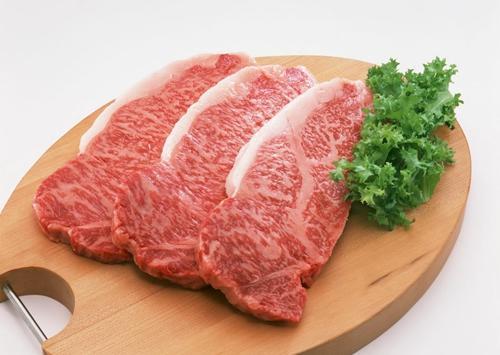MILAN, Dec. 5 (Class Editori) – In China, the bulletin on the crisis in the supply of pork, an essential component in the Chinese diet, continues to be serious despite slight signs of progress.
From the latest updates issued by the Ministry of Agriculture and Rural Affairs, the national pork production improved slightly in October by 0.6 percent after the 3 percent decrease in September. The ambitious goal is to re-stabilize the stocks at 80 percent compared to the situation at the beginning of the year.
It is interesting to understand how the turnaround happened. On the part of the Ministry and the Peripheral Authorities of 29 provinces, the farms have been identified with a production of at least 5,000 pigs per year and on these has intervened with restrictive rules and sanitary provisions for the prevention and control of fever with a certain openness on quarantine measures.
A second aspect concerns the intensification of controls even during transport between the different provinces, one of the causes of the spread of the disease, to avoid new infections.
Moreover, the Chinese business unit of Walmart has activated a collaboration with some farms to guarantee the supply of fresh meat and the cooperation with Danish producers for the importation into China of product destined for their sales network.
In the supply chain, other companies are reorganizing for large-scale production of poultry and pig feeds for the coming year.
Nevertheless, prices remain high. A few days ago at Suning Carrefour a pack of fresh ribs was sold for 79 yuan per half kilo, about 21 euros per kilo.
In the first nine months of this year, imports of frozen meat amounted to 1.32 million tons, an increase of 43 percent compared to the same period of the previous year, with a base wholesale price of 7 euros per kilo, decreasing by 16.5 percent since the beginning of November.
In addition, chicken meat being the second choice, and imports from the United States were allowed for 127 authorized slaughterhouses, including those of the multinationals Tyson Food, Piligrim's Pride and Sanderson Farm.
The importation had been suspended in 2015 due to the burst of the famous Bird Flu that had struck above all the area of Hong Kong and then extended in some countries of the world.
What is noticeable in China is the decision-making when there is an endogenous problem and the central Government, although aware of the difficulties and the epidemiological uncertainties of swine fever, moves to offer immediate solutions.
In this completely favorable situation for the exporters of that product, Italy is in a suffering that is taking on a chronic connotation starting from a 2013 regulation concerning the structural adaptations of farms combined with the increase in feed costs in particular those imported from abroad, causing a sector crisis which is also linked to the competitiveness of the European product with different standards of productivity and organization.
The Chinese central government has focused on the breeding of more than 5 thousand pigs, while Italy has to relate to the farms with over 500 pigs that represent 10 percent of all the farms and are worth in quantitative terms 88 percent of all animals present on the national territory, according to the National Association of Pig Breeders.
But the main problem is the stagnant situation of the ongoing negotiation between the Italian and Chinese parties on the sale of frozen pork, which is only partially surpassed by some more enterprising producers, such as Salumi Martelli .
The point of fall of the negotiation always concerns the purchase price but if things "ante up", it could happen that Italy is outside the games in a very near future.
The complementarity of the two countries' pig structure could bring a benefit but there are still difficulties that are delaying Italian commercial projects, benefiting the competition of international competitors.
(Source:Class Editori)
Notice: No person, organization and/or company shall disseminate or broadcast the above article on Xinhua Silk Road website without prior permission by Xinhua Silk Road.




 A single purchase
A single purchase









